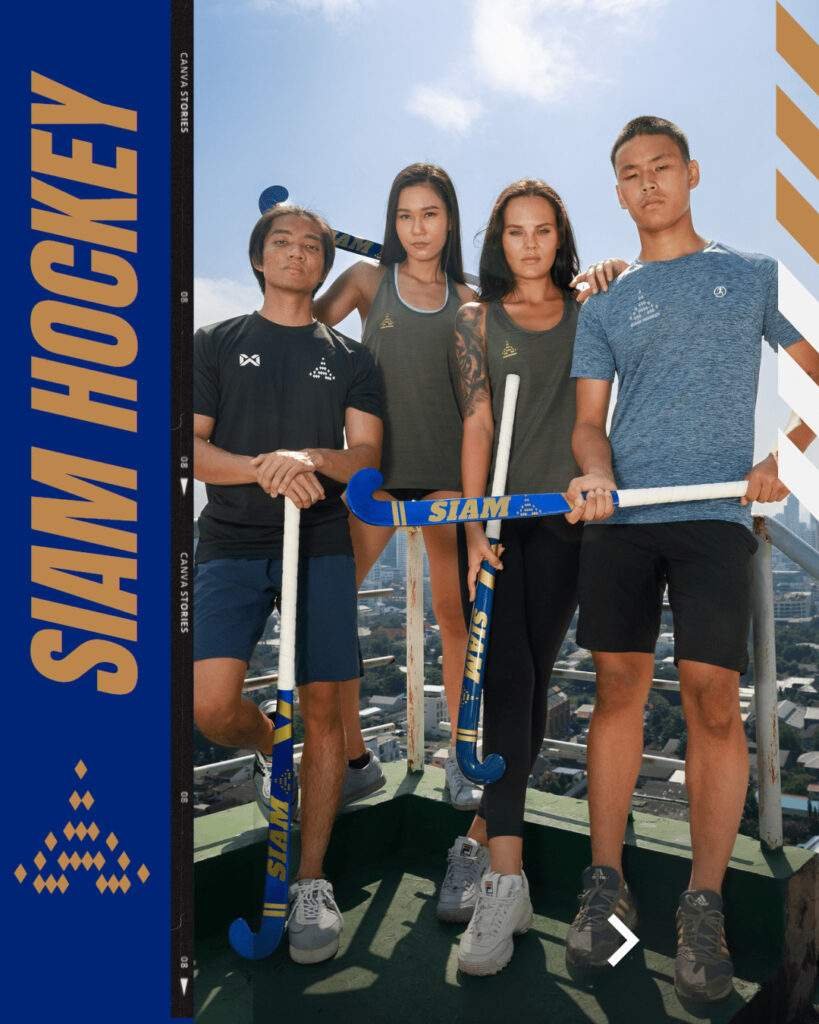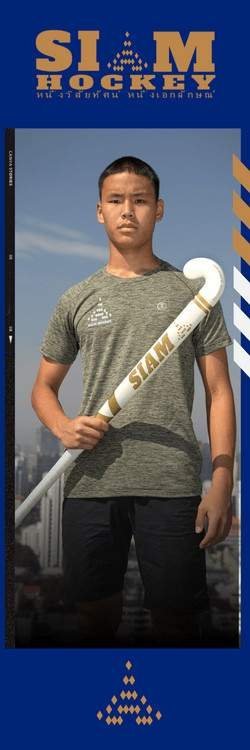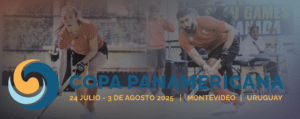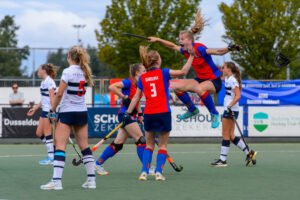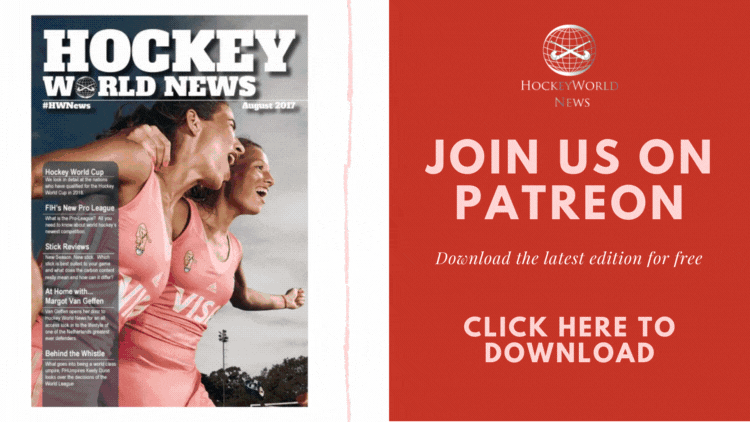Exactly a year ago at the Olympic House in Lausanne, FIH and its President, Tayyab Ikram, launched the International Hockey Federation’s first ever “Empowerment and Engagement” strategy, in attendance of IOC President Thomas Bach.
The FIH President takes stock of the first twelve months of the implementation of this strategy aimed at boosting the global development of hockey.
President Ikram, why was it essential to launch this strategy?
This strategy is both the outcome of a process and an initiative. The global status of hockey today shows that it is very diverse. And there are many “unasked” questions by our National Associations (NAs) that, thanks to my long experience in development, I am able to hear. NAs wanted to hear how relevant FIH is for them, and how relevant they are for FIH. So, based on my own analysis and on the feedback received from National Associations, I came to the conclusion that we absolutely had to come up with a plan that better serves today’s needs of ALL hockey stakeholders.
In your numerous interactions with the National Associations, what are the main areas that they’ve identified where they need most support or guidance?
They would like to get better facilities to play. We showcase international hockey being performed on top surfaces but what about the young kids of developing countries where there is sometimes no hockey pitch at all?
Similarly, the question of hockey equipment comes regularly. How can they attract the young generation? Today, everything is around lifestyle. So, using second-hand equipment is no longer enough. A kid having a colourful stick in the hands feels like driving a luxury car! The world has changed completely, so we need to cope with the time.
Then, there is the question of how best to use the time spent playing hockey. Is it quality time? This is where FIH comes into play, helping NAs to grow the young generation both as athletes and individuals. In particular, by providing a pathway to competition as a motivation for young athletes. If they don’t end up playing a competition, then the process will be much slower.
NAs are also looking to be more empowered, have resources to travel, safe and advanced teaching environment for children, guidance to provide roadmaps to their Sports Ministries and National Olympic Committees, and so on and so forth. FIH is committed to assist them!
And what do athletes tell you when you meet them?
It’s our duty to meet and listen to the athletes. They have a different perspective, and a very important and helpful one! Their opinions sometimes can matter more than the sports leaders’. They tell things in a direct and transparent way, outlining issues linked to the hockey schedule – some feel there is too much hockey for them, some feel they still need more opportunities to play -, coaching, officiating, the rules of hockey, etc …
We need to empower them, help them be not only hockey athletes but also strong individuals for society, educate them about their rights and how best they can use those, support them in their transition from hockey to the professional world, etc. In some countries, the only voice is the coach. This has to change, in order to provide a balance.
How can bigger NAs support less privileged ones?
That is my dream, in fact! It is happening a bit, but not that much … We need to tell the bigger NAs that this is also part of their social responsibility. We started some twinning projects in the past but it was no longer the focus in recent years and it’s now again on my agenda. For example, I was recently in Australia and Hockey Australia told me that they felt global hockey needs a stronger Pakistan. Following that, I had a really good meeting with Australia’s High Commissioner in Pakistan.
The geographical parameter can play a role. For example, Australia and New Zealand supporting the Pacific Islands, some bigger NAs in Asia or Europe helping smaller ones on their continent by bringing athletes, coaches, umpires in their leagues, etc.
So, this plan is in the pipeline, and a well-placed item of our Empowerment and Engagement strategy!
Do you think Hockey5s can be a game-changer for the growth of our sport?
I believe so! And I think we proved that with the first ever FIH Hockey5s World Cup in Oman in January. It never happens in hockey that you have 32 national teams, very diverse, in just one city, with six of them playing their first-ever FIH Hockey World Cup! That was of course a huge motivation for the smaller nations to be able to play against the likes of India or the Netherlands!
Also, upon my initiative and as a sign of encouragement, teams not qualifying for the quarter finals still had a chance to compete for a trophy, namely the “Challenger Trophy”. That had a huge meaning, especially for emerging nations.
Bridging the performance gap, opening up more accessibility for younger generations and developing nations, providing them with this kind of opportunities, all of that is already a game-changer.
FIH events are being brought to new territories like Oman, Poland or Croatia. Does this also belong to the strategy?
Absolutely! This is part of empowerment. And was never done by FIH before, although this clearly belongs to our primary mission to develop hockey in every corner of the world!
Giving these NAs the experience to host professionally our top events and athletes – the feedback about the Olympic Qualifiers in Muscat was fantastic! – means that they can learn a lot. So, it’s a huge legacy!
By FIH

